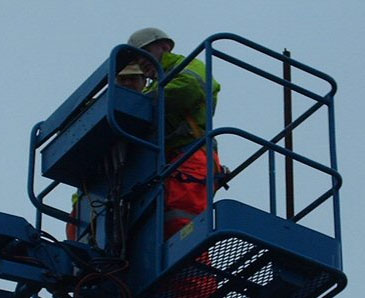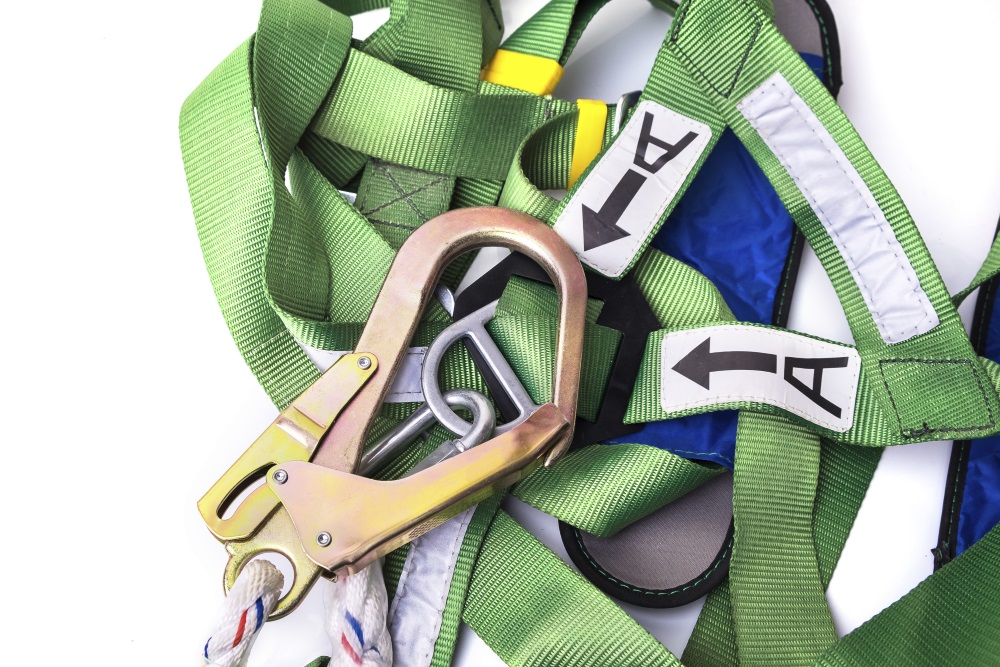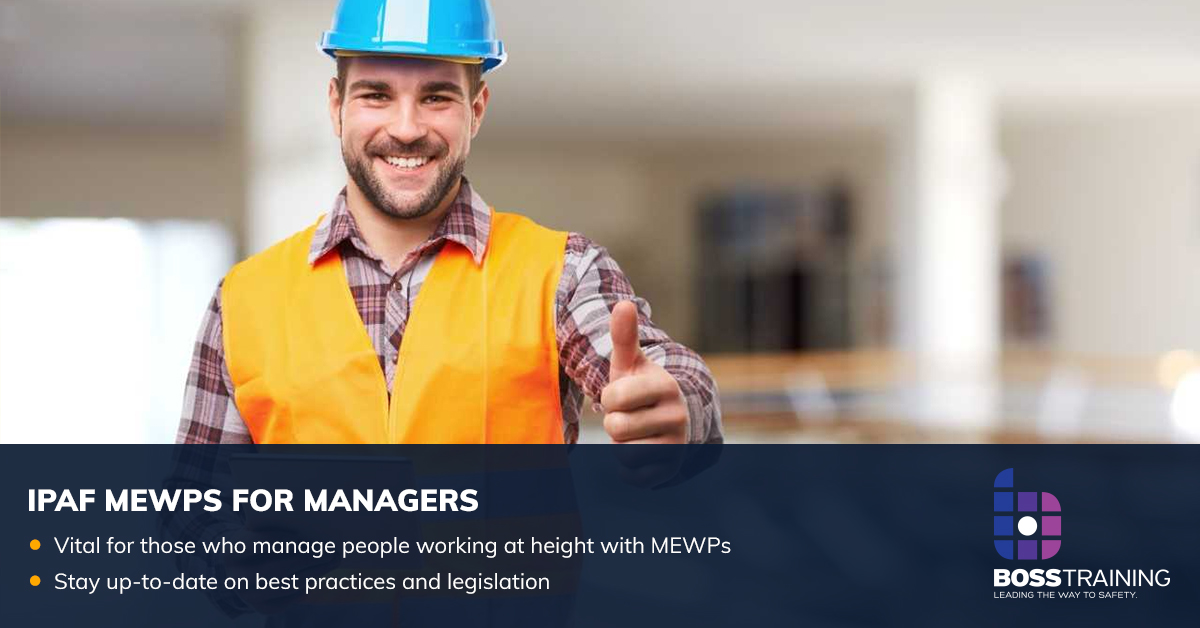When working at height, it’s important to be aware of the health and safety risks it presents, in order to minimise or eliminate injuries and accidents at work. One of the most commonly used pieces of equipment while working at height is the Mobile Elevating Work Platform (MEWP), which allows users to have safe access to elevated areas.
MEWPs are frequently used in construction; however, with the Health and Safety Executive inspection initiative in 2014 reporting that 1 in 5 construction sites operate with health and safety hazards, it’s important for managers to ensure the safety of their employees.
So, which considerations need to be made when using MEWPs?

Select the Right MEWP
It might not be the first thing that comes to mind, but choosing the right MEWP for the job is essential. Analyse the construction site’s features, the type of work that needs to be done, how many people will be doing it, and whether there’s someone trained in emergency protocols or in the ground controls, for instance – this can help you to make a decision and select the MEWP that is best suited to perform the work you need to perform.
Ensure the Ground is Even
This is especially important in construction sites. After all, the terrain is often far from smooth and even, so you’ll want to ensure that the platform is resting on firm ground. Otherwise, there’s a risk of the machine overturning and throwing the user from the basket. Be aware of risks such as manholes, trenches, rocks, etc., so that you can be confident that there is no danger of overturning.
Prevent Falls from a Height
Some of the most common incidents related to MEWPs are falls. Falling from the basket during work can cause serious injuries to your employee, so it’s crucial that you know how to prevent or minimise this risk. When selecting the right MEWP for the job, make sure that it is fitted with guard rails capable of arresting a fall.
If employees are still at risk of falling from the platform, they should have a harness with a short restraint that will prevent them from falling off. There can also be the risk of falling objects from a height. If that’s the case, then you can fence off the area around the platform to prevent any falling objects from hitting other employees.

Don’t Operate in Bad Weather
Working on a MEWP with adverse weather conditions is a safety hazard, so it should be avoided at all costs. Wind, rain, snow – all of this contributes to an unsafe work environment, as the platform can tilt or become slippery. Your employees can still work at height, although you still need to check the maximum wind speed to ensure safe operation.
In addition to these risks, bad weather can also damage the platform, so always check for any issues before using it after severe weather.
Prevent the Risk of Entrapment
Sometimes, when using a MEWP, the operator can become trapped between the basket and an overhead or adjacent structure. This can occur when manoeuvring the platform, for example, and might prevent them from stopping the machine. This is a serious health and safety risk that can cause severe injuries, so it’s important to prevent it.
Having a MEWP with a secondary guarding device fitted can help to avoid or reduce the risk of crushing or trapping – and its associated consequences.
IPAF MEWPs for Managers
We can help you learn these and more safety practices when you undertake our IPAF MEWPs for Managers Training Course, which lasts a full day. Staying up to date with current legislation is also important, so our course covers this subject too, as well as how to select the appropriate MEWP, to oversee work in MEWPs, and to correctly inspect the machines.

By attending our IPAF Training Course, you will have the necessary training to safely supervise the way work is being done with MEWPs, whether it’s the right piece of equipment for the job, how to implement a safer work environment, and much more.
Book your course now by calling us on 01422 358 184 or by filling out an online form. Alternatively, you can give us a ring to discuss any questions you may have about any of our other services, from our health and safety training online courses to our PASMA training courses.